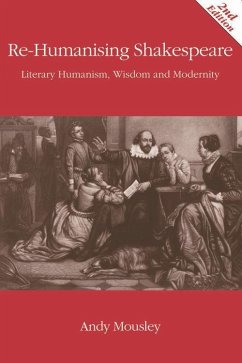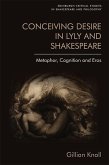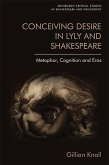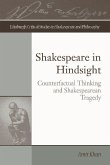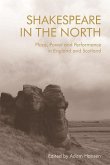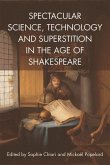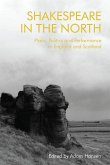What Shakespearean scholars said about the first edition: 'One of the most readable works of Shakespeare scholarship I've encountered in a long time - and one that articulates a wise and heartening vision for a new ethical humanism in literary studies. Mousley finds common human ground without any caricature of theories that instead favor epistemic otherness. A very accessible, lucidly written, fair-minded, and forward- looking book.' Robert Watson, University of California, Los Angeles 'Andy Mousley's revivified "literary humanism" joins up the basic critical question - "How to read?" - with the basic existential question - "How to live?". Humanism's more reactionary defenders tend to come out frothing and flailing but the keynote of Re-Humanising Shakespeare is a rare and impressive gentleness. Here's a book about the plays brave enough not only to have a heart, but also to seek and perhaps transform yours.' Ewan Fernie, Shakespeare Institute, University of Birmingham Scholarly praise for the second edition: 'A thoroughly persuasive challenge to those who know the cost of everything but the value of nothing. The argument carefully recalibrates the debate launched in the First Edition, sharpening its focus, and insisting strenuously upon a radical humanist form of literary criticism that is committed to "the hopeful notion that literature can teach us how to live." This is one of the few books on Shakespeare that has shown itself capable of building judiciously on the advances of the past 40 years, and, in a just world, whose impact deserves to extend far beyond the groves of academe. A brave, and confident venture into the terrain of an egalitarian, discriminating humanism that succeeds in fusing history, literary criticism, ethics and politics, that re-directs our attention away from the crass and philistine institutional vocabulary of 'impact' and champions a timely alternative to the banal instrumentalism of an increasingly chaotic commercialism. We should all unite behind the banner of "literary humanism" especially in this winter of our discontent.' John Drakakis, Stirling University 'The second edition of Re-Humanising Shakespeare in an updated form is good news for Shakespeare studies. Mousley puts his finger on central issues in the field.' Hugh Grady, Arcadia University Kiernan Ryan, Royal Holloway College, University of London A key addition to this new edition is an extended discussion of the nature of Shakespeare's literary humanism. Revised throughout, the book also includes a new chapter on Richard II. Combining theory and an updated critical vocabulary with close analysis of the plays, this book makes provocative reading for all those interested in Shakespeare, ethics, human being and the value of literature. Andy Mousley is Professor of Critical Theory and Renaissance Literature at De Montfort University, Leicester, UK. His most recent monograph is Literature and the Human: Criticism, Theory, Practice (2013).
Bitte wählen Sie Ihr Anliegen aus.
Rechnungen
Retourenschein anfordern
Bestellstatus
Storno

